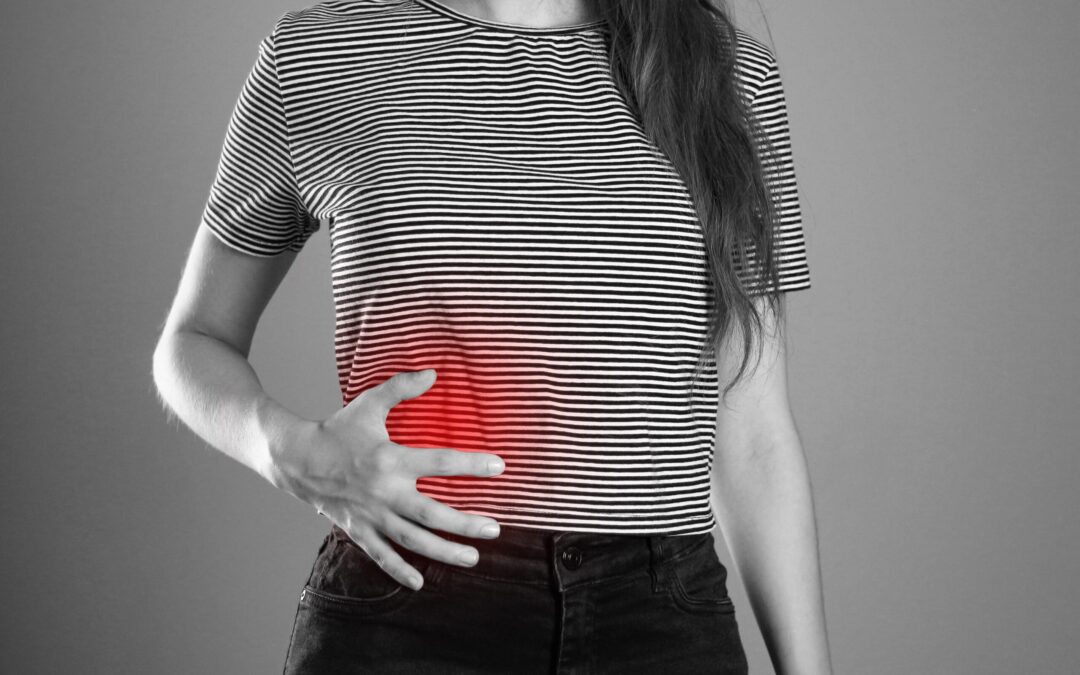Alcoholism and Liver Damage – What are the First Signs of Liver Damage from Alcohol Use? Alcohol abuse can have serious and long-term effects on the liver. One of the most significant risks associated with heavy drinking is the development of liver disease, which can range from mild inflammation to severe scarring and liver failure.
The liver is a vital organ responsible for filtering toxins from the bloodstream, producing bile to aid in digestion, and regulating numerous metabolic processes in the body. When the liver is exposed to excessive alcohol consumption over time, it can become damaged and unable to function properly.
The early stages of liver damage from alcohol are often asymptomatic, meaning that there may be no obvious signs or symptoms. However, as the liver becomes more damaged, a range of symptoms may begin to appear. Here are some of the first signs of liver damage from alcohol:
- Fatigue: One of the most common early symptoms of liver damage is fatigue. This may be due to the liver’s inability to properly metabolize toxins and produce energy.
- Abdominal pain: Pain in the upper right quadrant of the abdomen may be a sign of liver inflammation or damage.
- Nausea and vomiting: These symptoms may be due to the liver’s inability to process toxins and waste products.
- Loss of appetite: As the liver becomes damaged, it may produce less bile, which can lead to a decrease in appetite.
- Jaundice: Jaundice is a condition in which the skin and whites of the eyes become yellow due to a buildup of bilirubin in the blood. This can be a sign of liver damage or failure.
- Swelling: Swelling in the legs and ankles may be a sign of liver damage, as the liver plays a role in regulating fluid levels in the body.
- Itching: Itching, particularly in the hands and feet, may be a sign of liver damage.
- Mental confusion: As the liver becomes more damaged, it may not be able to properly filter toxins from the blood, which can lead to mental confusion or even coma.
It’s important to note that these symptoms may not appear until the liver is already significantly damaged. Therefore, it’s important to seek medical attention if you suspect that you may have liver damage from alcohol.
Additionally, it’s important to recognize that alcohol abuse can lead to long-term and irreversible liver damage, including cirrhosis and liver failure. The best way to prevent liver damage from alcohol is to avoid alcohol consumption altogether.

